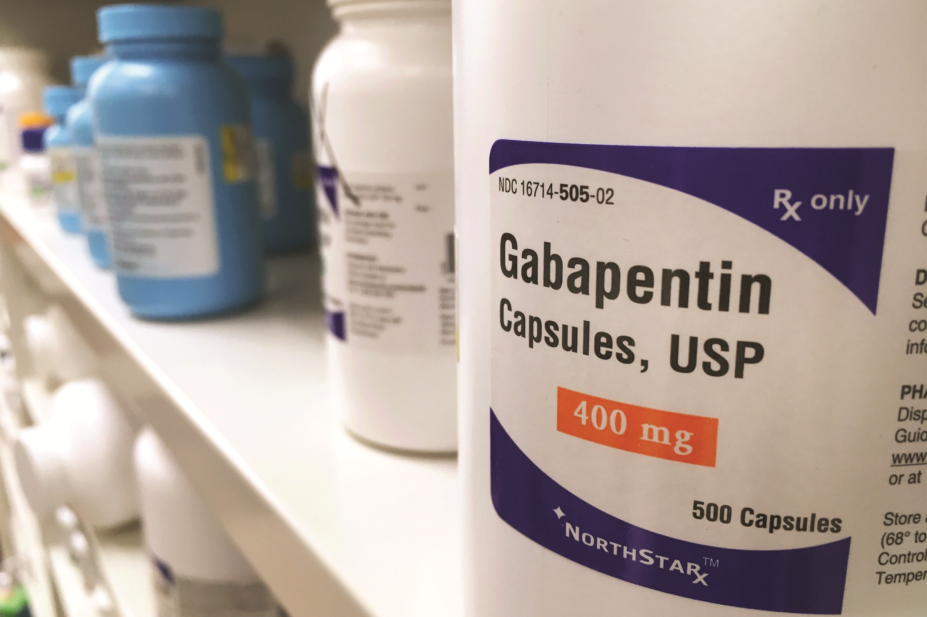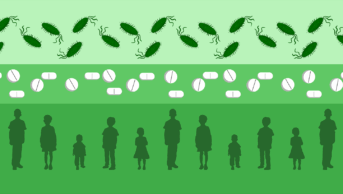
Shutterstock.com
Prescriptions for gabapentin, pregabalin and oxycodone increased year on year between 2013 and 2018 across primary care in England, study results published in BJGP Open show.
This increase could be driving harm in the form of drug-related mortality and morbidity, the researchers said.
The study was a retrospective secondary analysis of primary care prescribing data aggregated by NHS Digital each month for all general practices in England from April 2013 to March 2018.
The researchers found that the largest increase in prescribing was seen in pregabalin, for which prescriptions increased 1.8 times between 2013/2014 and 2017/2018. However, gabapentin was the most prescribed of the three medicines, at 6.7 million prescriptions in 2017/2018.
The researchers also discovered a positive association between prescribing and levels of deprivation. In England, GP practices located within the most deprived quintiles issued 313%, 238% and 254% more prescriptions per head per GP practice of gabapentin, pregabalin and oxycodone, respectively, than those in the least deprived quintile.
The researchers said the increase in gabapentin and pregabalin prescribing could be a result of greater scrutiny of the prescribing of tramadol and other opioid-based analgesics, following the reclassification of tramadol in 2014 as a Schedule 3 controlled drug.
“More research is needed to understand the large variation in prescribing between general practices, and to develop and implement interventions to reduce unwarranted variation and increase the appropriateness of prescribing of these drugs,” they concluded.
From 1 April 2019, pregabalin and gabapentin were reclassified as Class C controlled substances in the UK over concerns about their misuse.
It was expected that the change, announced in October 2018, would prompt a decline in the use of these medicines by making prescribing, dispensing and collecting them more difficult. Oxycodone is a Class A medication.
Emma Davies, advanced pharmacy practitioner in pain management at Cwm Taf Morgannwg University Health Board in Wales, described the findings as “extremely significant”.
“The rises in prescribing and associated increase in associated deaths and escalating misuse are what led to the rescheduling decision,” she said.
“More interesting, perhaps, is whether the rescheduling will impact on the prescribing trends in future. It isn’t at all clear that rescheduling tramadol led to reductions in its use.”
However Davies pointed out that England had seen increases in all “strong” opioids and that it was “wrong” to focus on single drugs.
“We saw that with tramadol — it potentially pushes prescribers into just prescribing an alternative rather than addressing the real issue, which is ‘why do we prescribe these medicines when they don’t work and cause harm?’.”
- This article was amended on 27 March 2023 to correct Emma Davies’ affiliation


